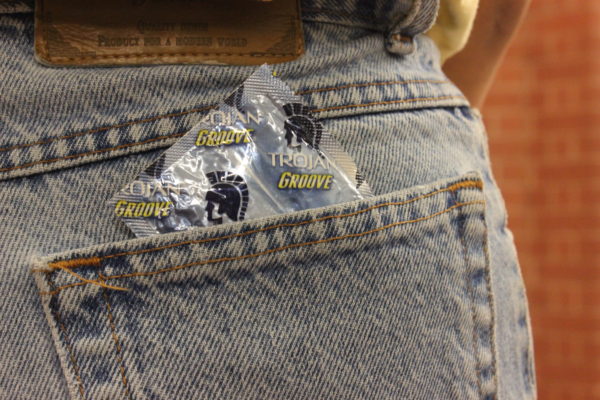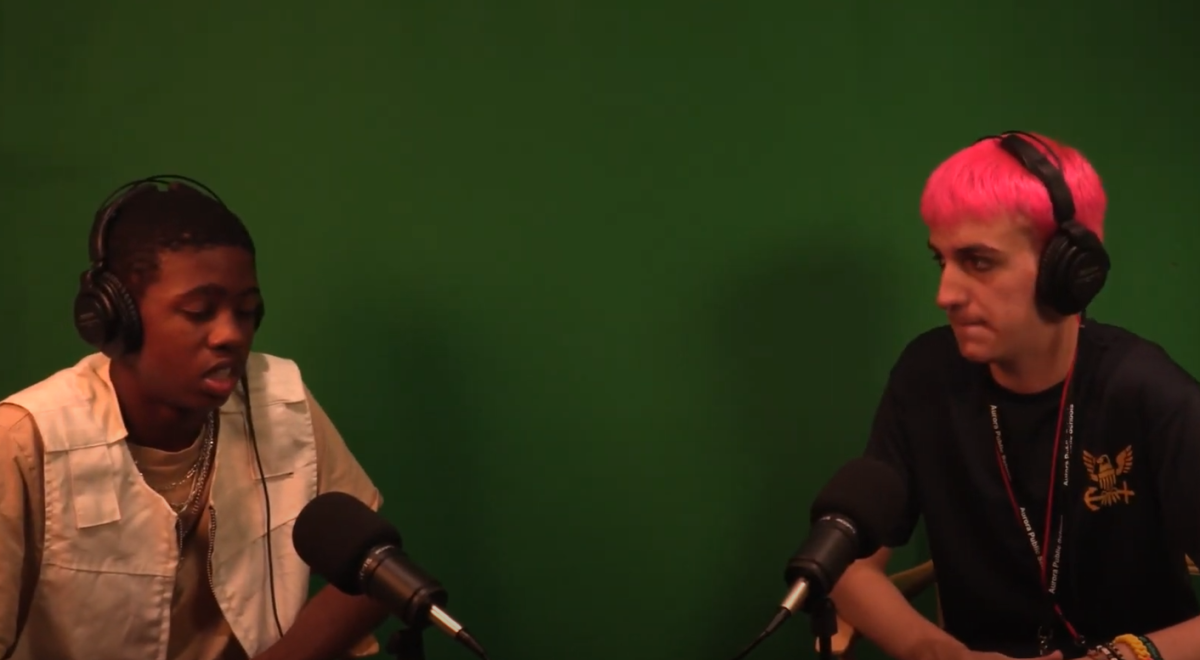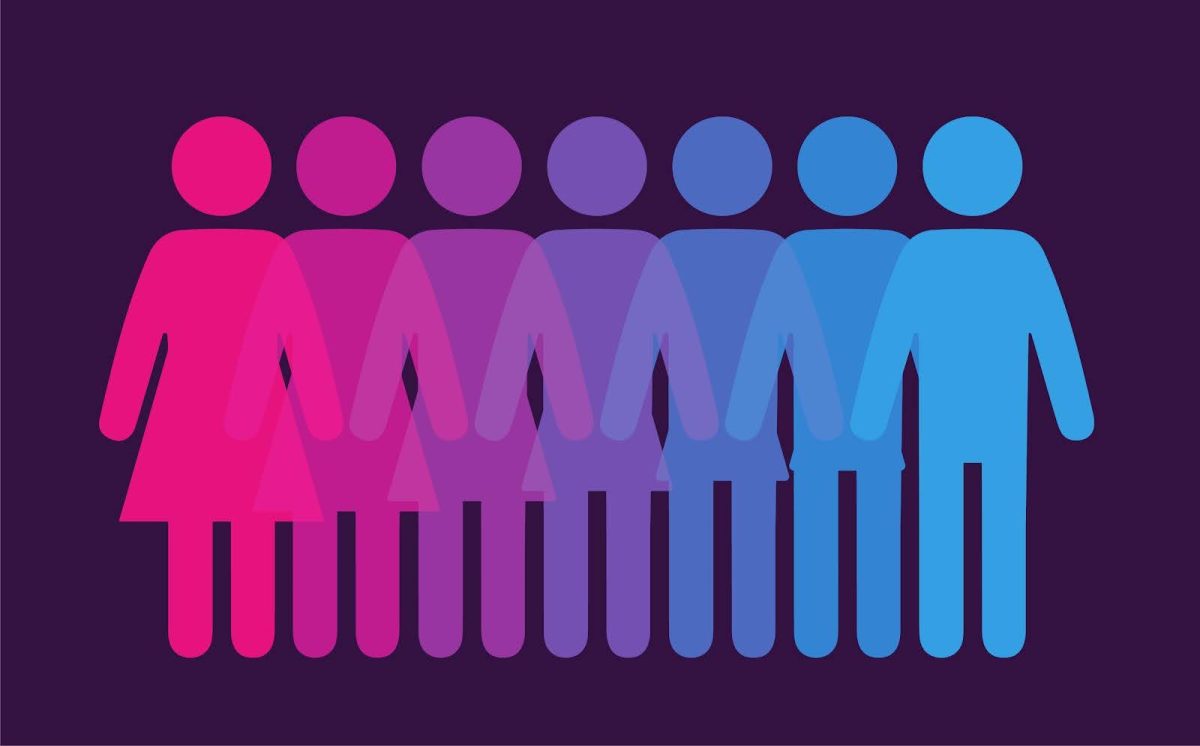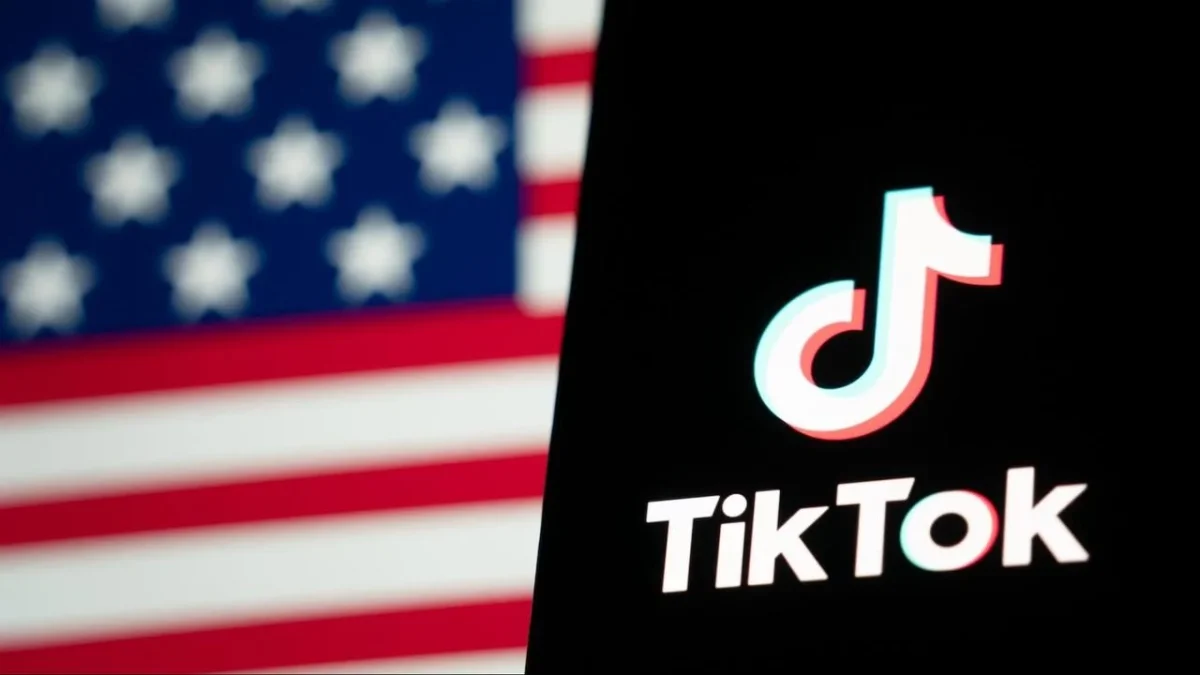Feature Photo By: Dennae Pigford – A Rangeview senior poses with a condom displayed from her back pocket. According to the national Children’s Trends Organization, in 2015, fewer than six in ten high school students who were sexually active reported using condoms at their most recent sexual intercourse.
Sexual education is something that is preached to us from the time we are old enough to watch the kissing scenes in movies. Whether it be from kissing or going the full mile, somehow and some way there was a conversation about spreading ‘cooties’.
As far as my understanding of the topic, I’ve always felt like a late bloomer. Coming from the purest childhood and a lack of full communication with my parents, sex was just never a thing that we talked about. Sure, we talked about puberty and I was commanded to wait until marriage, but that was the end.
My entire knowledge came from sexual jokes from my friends, a ton of Google searches, and Wikihow articles. My first boyfriend wasn’t until sophomore year of high school and even then we simply held hands. I debated in my head whether or not this was normal or what I was missing out on. What was pop culture not telling me?
According to the national Advocates For Youth organization, “support for sexuality education began in the 1800’s when mass public campaigns promoted the ‘regulation of sexuality’ and emphasized risk-reduction practices and health care prevention in response to cholera and syphilis epidemics.”
In 1906, the YWCA, or the Young Women’s Christian Association, introduced the concept of positive health and promoted sexual education as part of a total health program. Later in 1913, they created the Commission of Sex Education. Flashing forward to 1940, the U.S. Public Health Service labeled school sexuality education an “urgent need.”
In 1975, twenty state legislatures voted to abolish sexual education and in 2010, Congress funded the Personal Responsibility Education Program, which provides $75 million annually for evidence-based, medically accurate, and age-appropriate programs to educate adolescents about both abstinence and contraception in order to prevent unintended teen pregnancy and sexually transmitted diseases (STD’s), including HIV/AIDS.
Coming around full circle to 2017, few high schools– if any– are teaching or even offer any form of sexual education. Kids are left on their own to discover and make mistakes, which can be detrimental.
Here at Rangeview, a public school in a low-income community, it is no secret that many of my peers are sexually active. But the actual problem with sexual activity in the modern world is that the sex drive that is so present in budding teens is not known by definition. Instead it is known by cheers and encouragement from peers.
That, my friends, is what may be causing you to attend your best friend’s baby shower at 16.

Now of course teen pregnancy isn’t the only possible side effect of uneducated and adolescent sex. And just as well, teen pregnancy is not looked down upon by every culture and every family. The main problem that would be eased from reintroducing sexual education to kids of age would be that teens are not only aware of the dangers but understand that they –the dangers and possible side effects– hold no menial aftermath.
It feels like this generation looks at something like herpes and sees a punchline or hears chlamydia and thinks “slut.” STD’s are not something that should be joked about and it seems like the way you get looked at if you have one is worse than the disease itself.
Pregnancy, infections, and harsh nicknames are what seem to make up the modern teen sex culture. Yes, there are less pregnancies in this generation, but what’s to say that’s not just because birth control is popped like allergy pills and abortions are looked at like flu shots?
With sexual education, maybe a punchline is no longer just a punchline. One could begin to understand what really goes on when you contract an STD or STI. One could understand how often single mothers are created before they can even appreciate their own mother.
Some of the most common false information that teens hear about sex, according to Seventeen Magazine, are things based on a person’s own sexual activity. By far, not something that pop culture should teaching you. Seventeen also addresses a lot of common sex questions, from girls mostly, and let me tell you, my Wikihow articles NEVER went this in depth.
With the conversation of sex comes the oh-so daunting topic of masturbation. Is it normal? What do I do? How much is too much? Why do I feel so guilty? Am I all alone? Based on pop culture sexual education, guys are the only ones who should ever masturbate and do ever masturbate. If a girl does it, the slew of dehumanizing terms that come with losing your “V-Card” now apply.
Masturbation is no big deal. We need to stop rendering acts that are completely normal and healthy for budding teens. If you have questions, ask your doctor, your parents, or, if you cannot get the information any other way, find a trusted website. Ask anyone except that overly-active kid you see at lunch time who claims to be a sex expert.
Bringing sexual education back into schools would not only allow kids to explore and understand their bodies in healthy and controlled environments, but it would also let them learn about what could go wrong or how to tell when something is wrong. This eliminates the future girls’ nights filled with all the uncertainty and danger that can come with a lack of proper sexual education. The anxiety and the fear going into something like this is lessened when one is well versed in what is actually happening, and I don’t mean well versed in twitter feed sex horror stories.
Rangeview and APS should offer sex ed as a club or a zero hour class, and then maybe it can bump it to a highly peer suggested elective. Then, maybe in the next decade or two, we will be coming home as parents and asking what our kids learned in sex-ed class that day and how they can be proactive instead of reactive when it comes to sex education, pregnancy, diseases, so forth. It shouldn’t just be about sex and it shouldn’t just be about what it feels like. It should open the floor and allow kids to come forward and ask questions and learn the things about their body that no one tells them but every teen thinks about.
For more information on the things you thought you knew, visit Sex,etc.org, GlobalNews.Ca, or Ted.com
Be proactive. Be educated. Be human.






